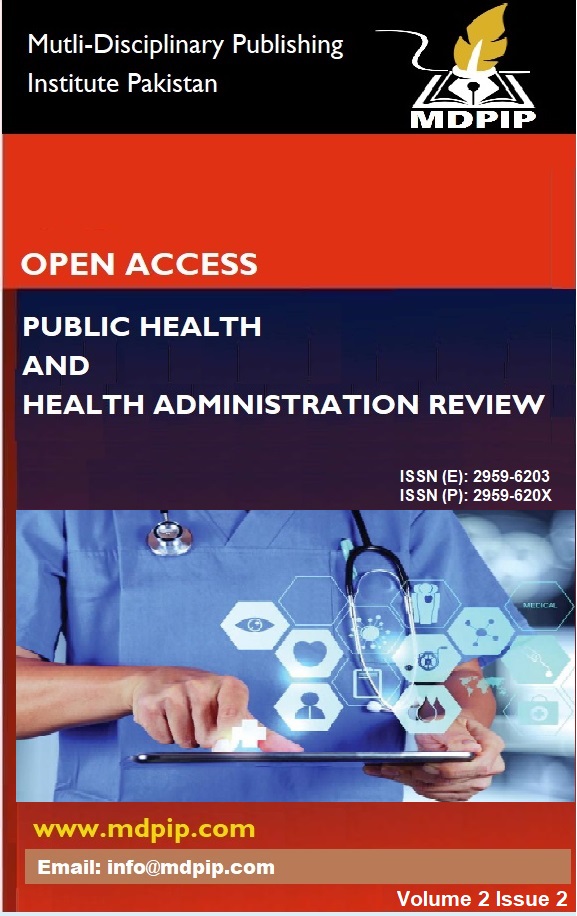Measuring the Impact of Perceived Organizational Support on Work Satisfaction and Job Outcomes in Pakistan's Telecommunications Industry
DOI:
https://doi.org/10.59644/oaphhar.2(2).202Keywords:
Perceived Organizational Support, Work Satisfaction, Organizational Commitment, Job Performance, TelecommunicationsAbstract
This study examines how workers in Pakistan's telecom industry perceive their job results, work satisfaction, and perceived organizational support (POS). A quantitative cross-sectional design was used, and regression analysis was used to evaluate these associations using survey data from 100 employees. The results show that a significant prediction of work satisfaction is perceived organizational support (β=0.52, p<0.01). Additionally, job satisfaction is a significant predictor of job performance (β=0.43, p<0.05) and organizational commitment (β=0.48, p<0.05). Recognition and emotional support were found to be important POS drivers. Employee retention and productivity can be significantly increased by funding supportive HR initiatives, such as leadership development and recognition programs, as the findings demonstrate. A limited sample size and potential self-report bias are among the study's shortcomings, even though it validates these associations within Pakistan's cultural context.






